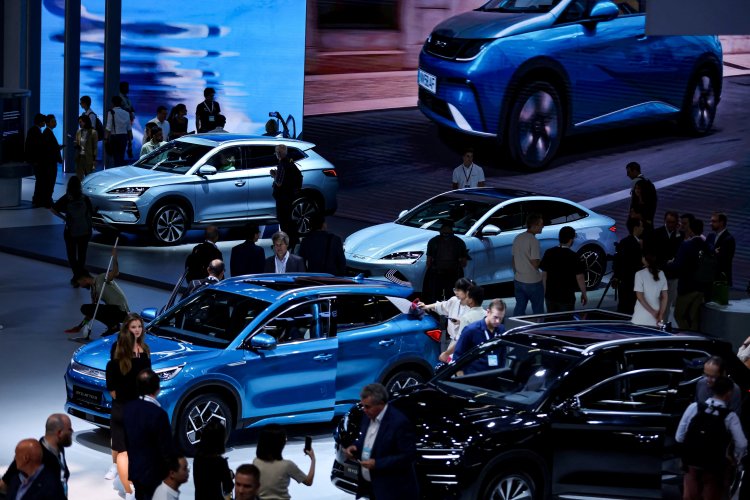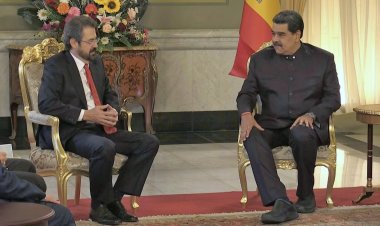EU Split on Tariffs for Chinese EVs

EU countries are wavering over whether to back additional tariffs on Chinese-built electric vehicles, highlighting Brussels' challenge in building support for its largest trade case yet as Beijing threatens wide-ranging retaliation.
Germany, whose carmakers made a third of their sales last year in China, wants to stop the tariffs, according to a government source, while France has been among the firmest backers.
But a majority of countries are still weighing the pros and cons of the escalating trade spat, according to an informal poll of EU governments.
The issue will be put to members in an advisory vote in the coming weeks, the first official test of support in a landmark case for the Commission. The EU initiated the probe without an industry complaint, the first such trade case of this kind.
The bloc is set to confirm provisional duties of up to 37.6% on Chinese brands such as BYD, Geely and SAIC, as well as on China-made models of Tesla, BMW and other western automakers.
EU members will also vote in October if the Commission proposes multi-year tariffs at the end of its investigation. These would be blocked by a "qualified majority" if at least 15 countries representing 65% of the EU population voted against them.
France, Italy and Spain, with 40% of the EU population, have indicated they would back tariffs.
"Europe must defend itself if our companies are harmed and do not compete on equal terms," Spain's economy ministry said.
However, the Czech Republic, Greece, Ireland and Poland were still debating the issue, official and government sources said, while Belgium has a caretaker government and the Dutch only got a government this week.
Increasing the cost of EVs for consumers undermines the EU's goal of being carbon-neutral by 2050, opponents say. Tesla has said it will hike prices.















